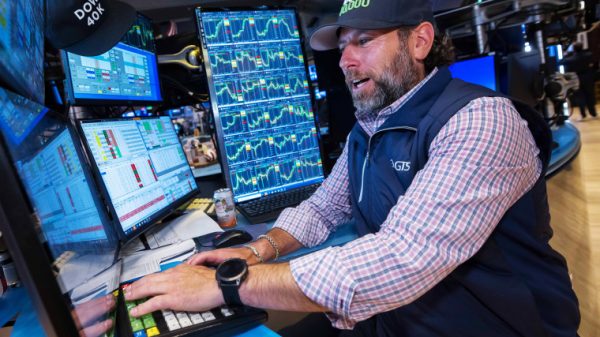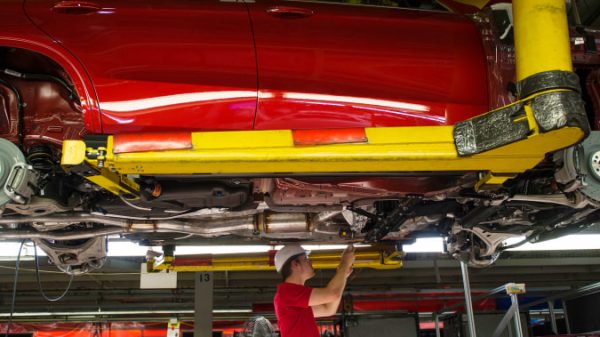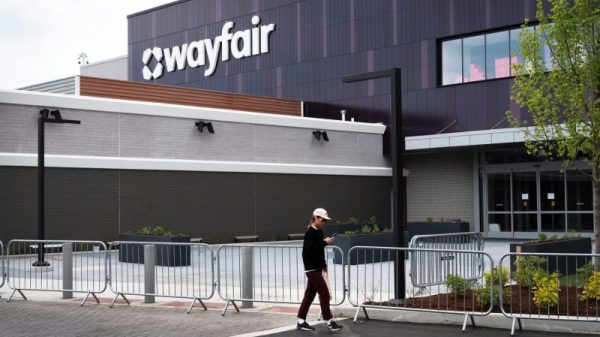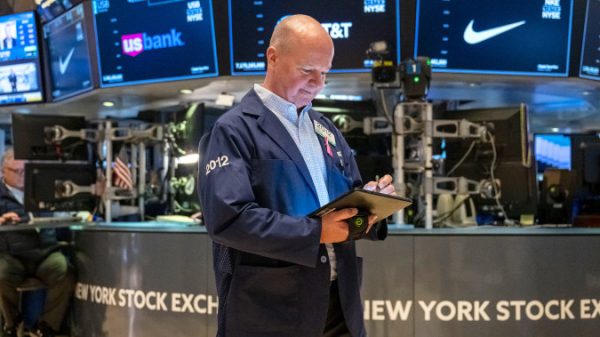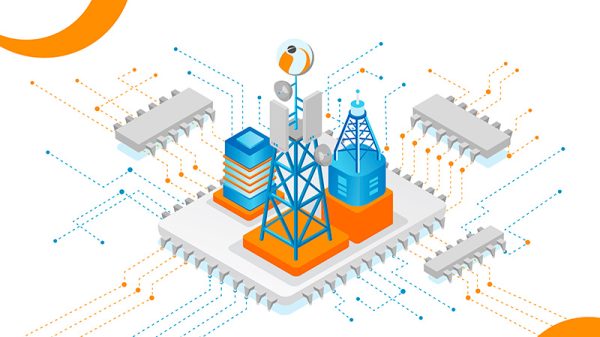The Internet of Things (IoT) is among today’s most impactful technologies. Many industries are currently working to adopt it, which is why experts predict that the IoT market will grow exponentially from $662.21 billion (€616.62 billion) to $3,352.97 billion (€3,122.92 billion) between 2023 and 2030. Remarkably, the IoT is revolutionizing the travel and tourism industry because companies are improving their digital capabilities with this technology. In particular, they often use it to upgrade their booking, customer experience, and personalized service, increasing customer satisfaction.
If you want to know more, here are some ways that the IoT is enhancing travel technology:
The IoT helps make travel planning more convenient
Travelers often need to fix everything from accommodations and booking options to flight inclusions before getting to enjoy a trip to the fullest. Travel companies make efforts to streamline that process. They may accommodate bookings on their website or offer a sneak peek of their amenities through virtual tours. Other resorts make it even easier by offering all inclusive holidays—travel packages that include flights, hotels, luggage, transfers, meals, and amenities. These can be booked online and paid for in one go, so travelers can enjoy their trip without thinking about these factors in between their activities. Even major hotel brands like IHG and Hyatt are now looking to compete with traditional all-inclusive resorts.
Through connected software, sensors, and wearable technology, the IoT takes this convenience further by collecting data and generating more personalized travel recommendations. Through smartwatch data, travelers with active lifestyles may be guided toward adventure travel destinations and events. Foodies might receive all inclusive package suggestions for resorts offering the best cuisine in popular spots like Greece. The Hilton Hotels chain’s app is one great example: it uses the IoT to recommend services and activities so customers can fully personalize their stay beforehand.
The IoT helps simplify navigation for tourists
Navigation issues are expected when traveling. Although some apps provide directions that tell tourists how to get from one place to another, it’s a different story for getting around large indoor spaces—like airports and stations. This can be more challenging when these places are overcrowded. Such occurrences are especially more common now since there’s a 27% increase in vacation and rental bookings this year compared to 2022, with more people traveling.
The IoT guides travelers by giving them precise directions—even inside buildings—so travel companies can ensure that their guests don’t miss any flights and connections. The Côte d’Azur Airport in Nice, France, has been offering this feature on its app. Beacons installed in the airport send information to travelers based on their location within the building. Using this, they can easily find information desks, boarding gates, and other places for a more comfortable trip.
The IoT helps predict the maintenance needs of hospitality infrastructure
Hospitality businesses—like hotels, amusement parks, and entertainment venues—aim to please their customers. To satisfy guests, they must always guarantee their amenities and equipment are in excellent working condition. Companies did this through routine maintenance checks in the past, but the IoT is streamlining the process.
Instead of manually checking equipment and machines like ventilation systems and light bulbs, the hospitality industry benefits from the IoT’s predictive maintenance abilities. Through built-in sensors, it can detect which device needs repairs and alert the person in charge to fix or replace it before guests find out. For instance, it can detect which hotel room has unusually high water usage levels so plumbers can check for leaks. Doing so improves infrastructure safety and guarantees travelers’ satisfaction since it gives the impression that a facility’s amenities are always in excellent condition. UK hotel operator RBH Management is just one company that touts using the IoT for preventive maintenance by installing repair sensors in properties like the Westin London City Hotel & Residences.
The IoT helps provide real-time tracking and information for travelers
Unfortunate events and factors can impact the travel experience. Inclement weather can cause delayed or canceled flights, and lost baggage can dampen one’s mood. While these are usually out of anyone’s control, the IoT can improve things by sending travelers real-time updates from sensors, beacons, and other connected devices.
For example, airports can send flight schedules and personalized updates to mobile phones, like changes in boarding gates or canceled flights. Travelers can also utilize IoT-enabled devices—like tags—and attach them to their luggage, allowing them to track its real-time location and receive updates on its whereabouts. These reduce the chances of bad experiences with airlines that don’t notify passengers of flight delays and lost or mishandled baggage that can upset travelers. London’s Gatwick Airport even proves that the IoT can improve efficiency despite limited infrastructure. As a single-runway airport that’s simultaneously also one of the busiest in Europe, it prevents logistical mishaps by using the IoT to tell staff where to spend its resources and travelers where to head next.
Travel technologies that use the IoT benefit guests’ overall experience. Once more companies and infrastructures take advantage of its features, travelers can expect more streamlined trips and processes.
The post How the IoT is Enhancing Technology in the Travel Industry appeared first on IoT Business News.






